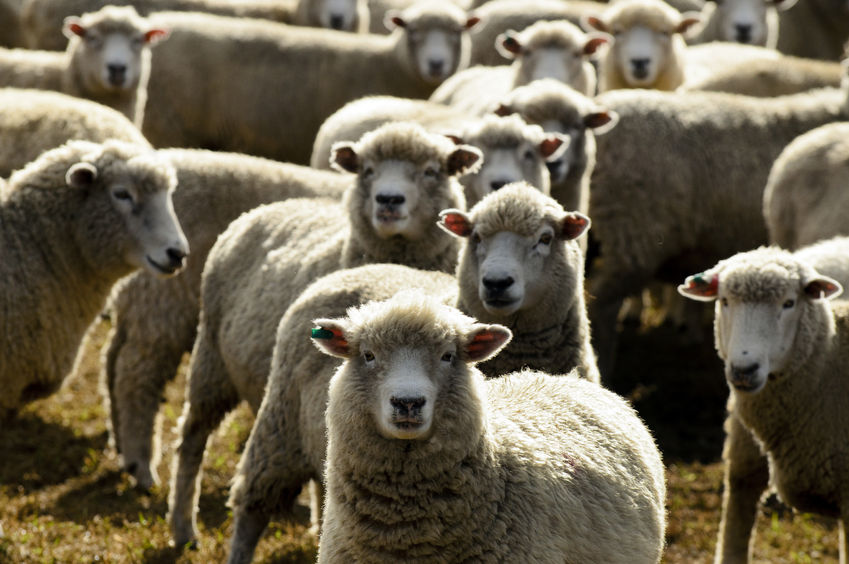
Significant new powers granted to the UK and devolved nations post-Brexit could be used to introduce a ban on live exports.
As the UK develops its animal welfare standards in preparation for Brexit, significant changes to the law have been agreed this week.
The Animal Welfare (Amendment) (EU Exit) Regulations 2018 formally hands powers over to the UK’s devolved authorities which would allow them to set their own regulations on live transport.
The amendment relates to the protection of the welfare of animals whilst being transported, kept at control posts or at the time of their killing.
This will give the UK new powers to control more of its own animal welfare standards.
By setting the country's own regulations, the UK and devolved nations could ensure transport conditions for livestock surpass those required under EU law, including the hours and distance the animals are allowed to travel within the UK and for any animals exported.
These changes even give Government the power to ban live exports, something which the RSPCA is urging them to consider, despite the livestock sector's concerns.
'Landmark moment'
The RSPCA said it would like to see the Government use these powers to ban live exports for slaughter.
RSPCA Head of Public Affairs, David Bowles said: “This is a landmark moment, and may be viewed as a significant step in the UK’s journey to take back control of its own laws. We would urge the Government to grab this opportunity now and make animals’ lives better.”
Among the measures the animal charity would like to see introduced are more “transparent” pre-journey veterinary checks to avoid transporting animals which are unfit to travel.
It would also be possible to set new journey times for animals being transported within the UK and to the continent and will mean that England - and Wales if it chooses - will be able to break away from EU law on these matters.
But farmers have criticised proposals to ban live exports, with the Farmers' Union of Wales (FUW) saying such a ban could cut off an “essential lifeline” for sheep farmers.
'Short sighted'
FUW President Glyn Roberts said the FUW's current position is that it would be “short sighted” to introduce a ban on live exports, as tariffs on meat exports to the EU might be introduced.
Mr Roberts said: “Given tariffs of around 50% of product value could apply on meat once we leave the EU, this would collapse the trade in sheepmeat exports, which currently represents around a third of Welsh lamb sales.”
“We fully appreciate people’s concerns about live exports, but we must bear in mind that the EU has legal welfare standards which are the highest in the world, and these apply both here and on mainland Europe,” he added.
'Disadvantage'
Mr Roberts’ comments echo those of the Scottish Government, who also oppose a live export ban.
Responding to a similar proposal earlier this year, Scotland's Rural Economy Secretary Fergus Ewing said: “Let me be absolutely clear, this is one UK-wide framework the Scottish government will not be participating in.
“I will not support anything that creates further challenges or difficulty for our farming sector or puts Scottish agriculture at a disadvantage.”
“The Scottish government will therefore not support the banning of live exports of livestock, but will remain committed to the welfare of all animals during transport adhering to the current rigorous standards which apply - standards and regulations provided by the EU, that are already world class and protect us all through animal, plant and chemical health measures and enabling our produce to be traded around the world.”
